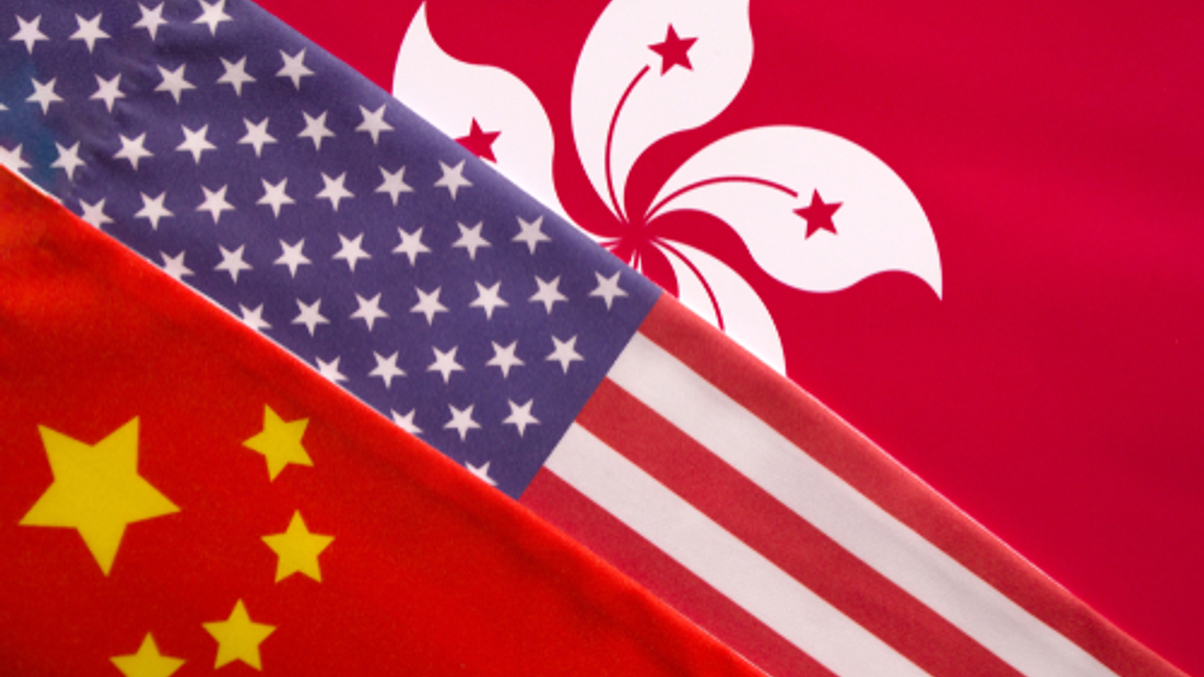US family investors keep faith in Asia despite worries
The prospect of a prolonged US-China trade war and the unrest in Hong Kong are concerns for American family investors, but they are not ready to cut allocations to Asia.

US investors are banking on the long-term potential of Asia, and China in particular, despite concerns rising over the short-term economic and financial market impact of a Donald Trump-led trade war and the current unrest in Hong Kong.
Sign in to read on!
Registered users get 2 free articles in 30 days.
Subscribers have full unlimited access to AsianInvestor
Not signed up? New users get 2 free articles per month, plus a 7-day unlimited free trial.
¬ Haymarket Media Limited. All rights reserved.


